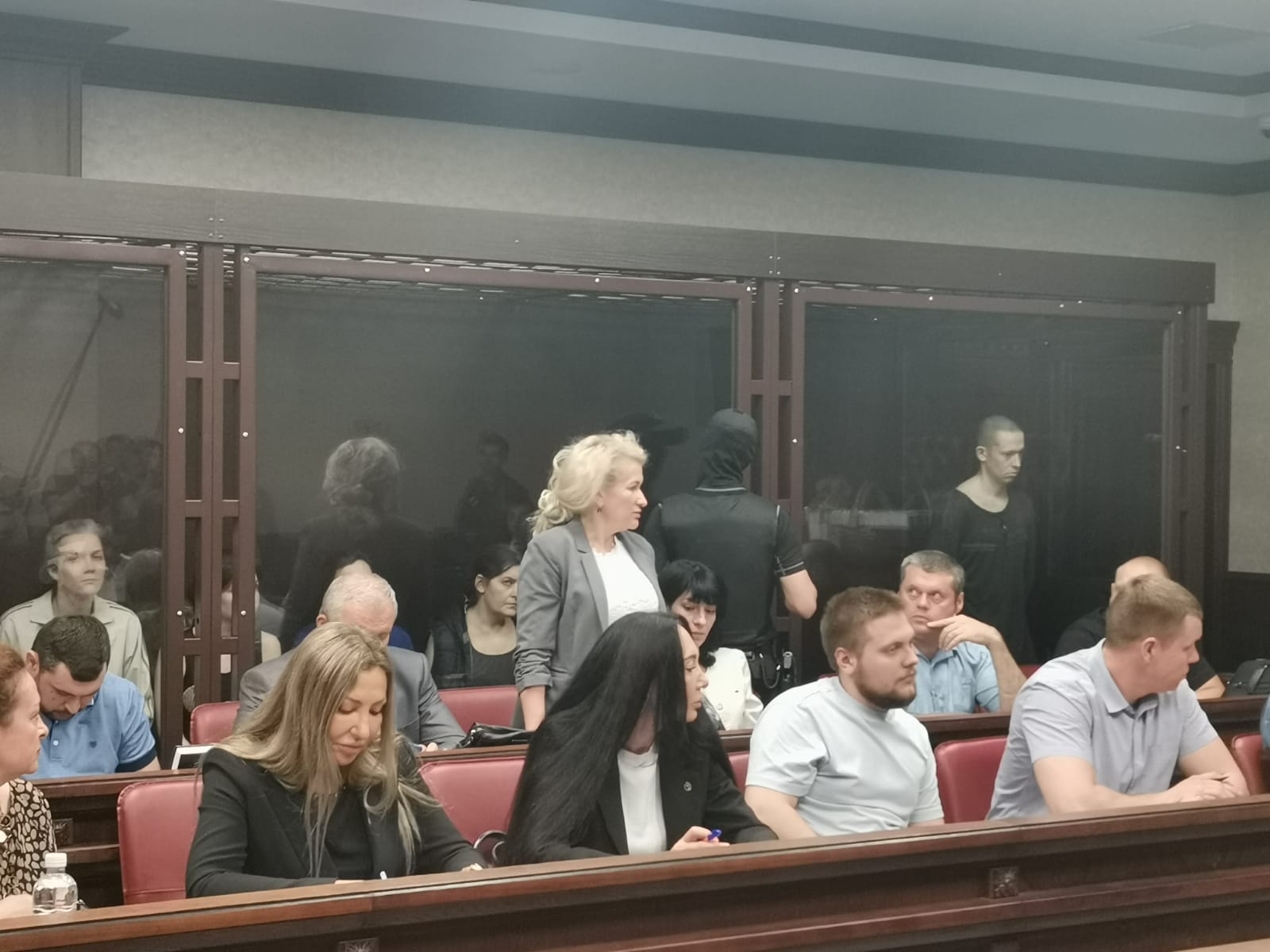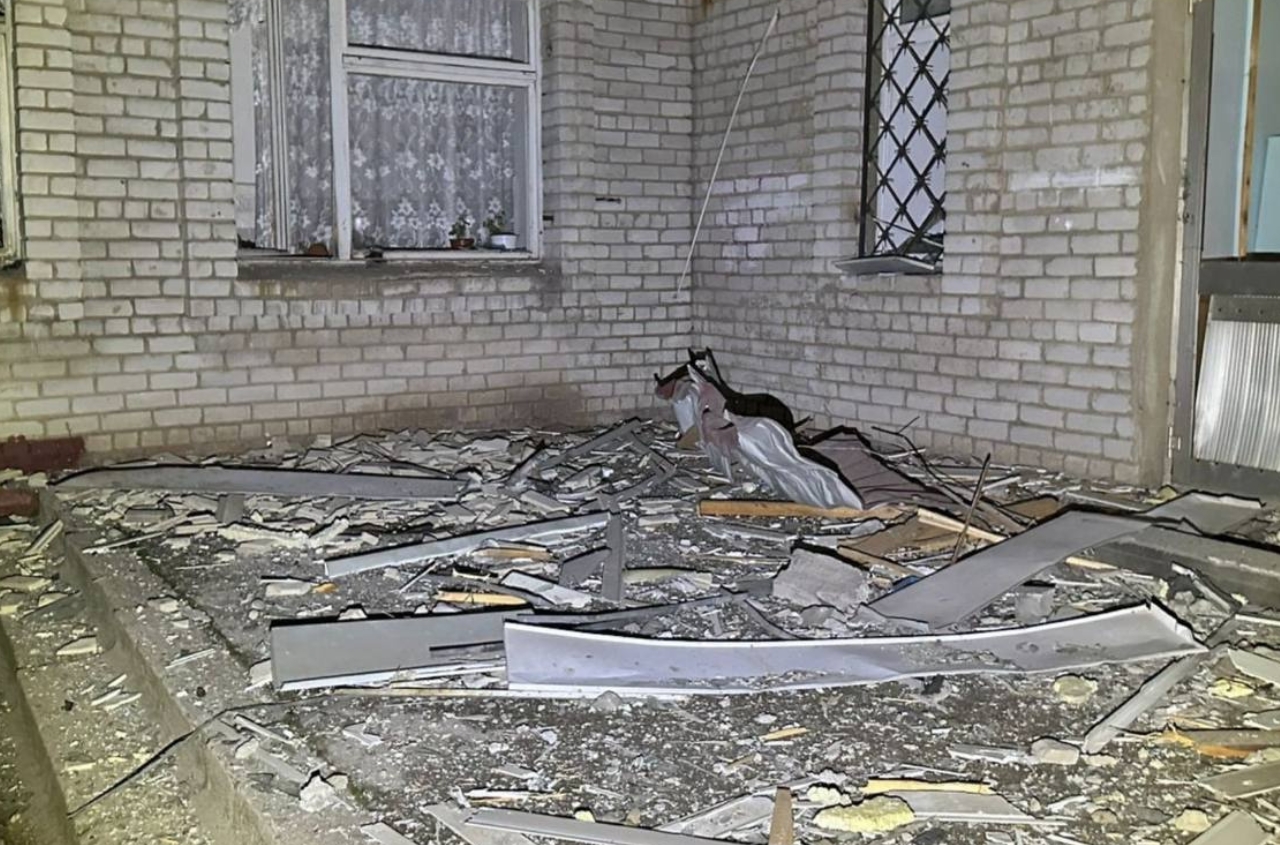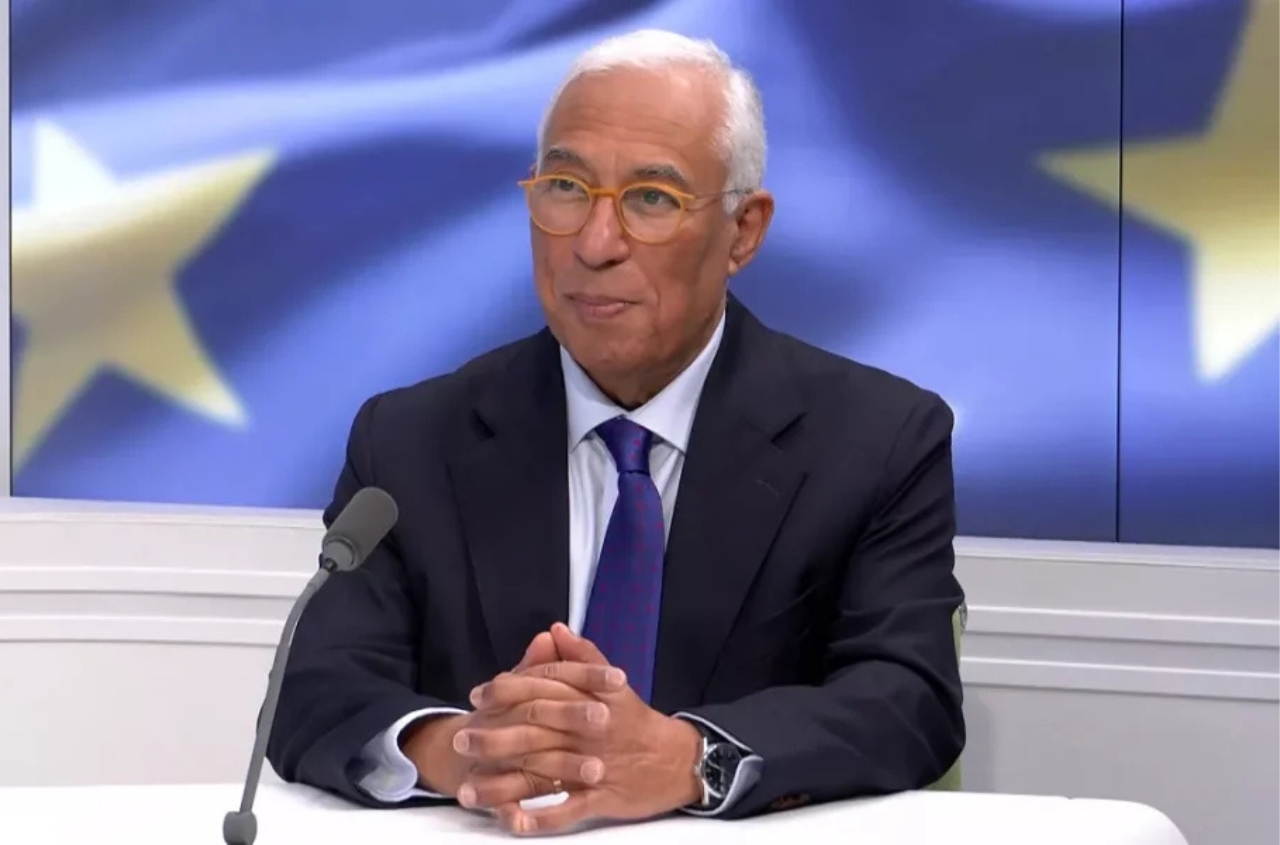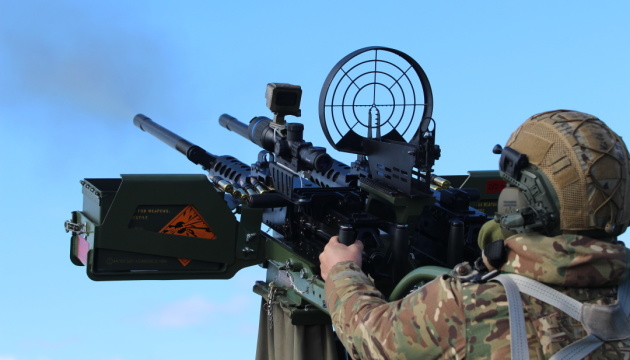On August 22, the Southern District Military Court in Rostov-on-Don began the closing arguments in the trial of participants in the “Azov case”—the largest “Ukrainian” case in Russia, informs Memorial.
To recap, there are 21 defendants, including nine women. Two defendants, David Kasatkin and Dmitry Labinsky, are being tried in absentia, as they were transferred to Ukraine during the investigation in a prisoner exchange. Alexander Ishchenko recently died in custody, and his case has been discontinued.
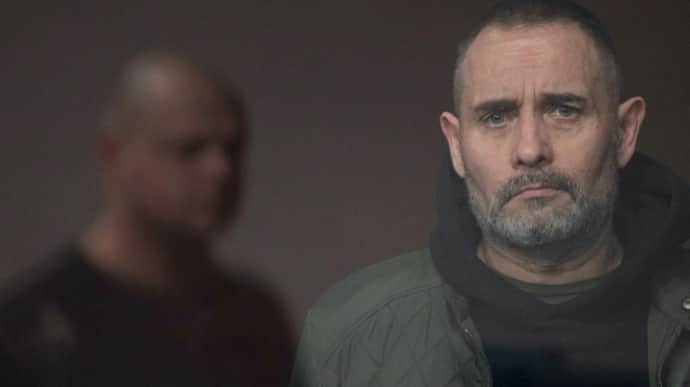
The Ukrainians are charged with “participation in a terrorist organization” (Article 205.5 of the Russian Criminal Code) and “attempted violent seizure of power” (Article 278 of the Russian Criminal Code). The trial has been ongoing since July 2023.
The prosecutor reiterated the investigation's version, which claims the defendants were at different times members of the Azov Regiment, which was declared a terrorist organization by the Russian Supreme Court in 2022. They are also accused of “preparing for the violent seizure of new territories not under their control in the DPR.”
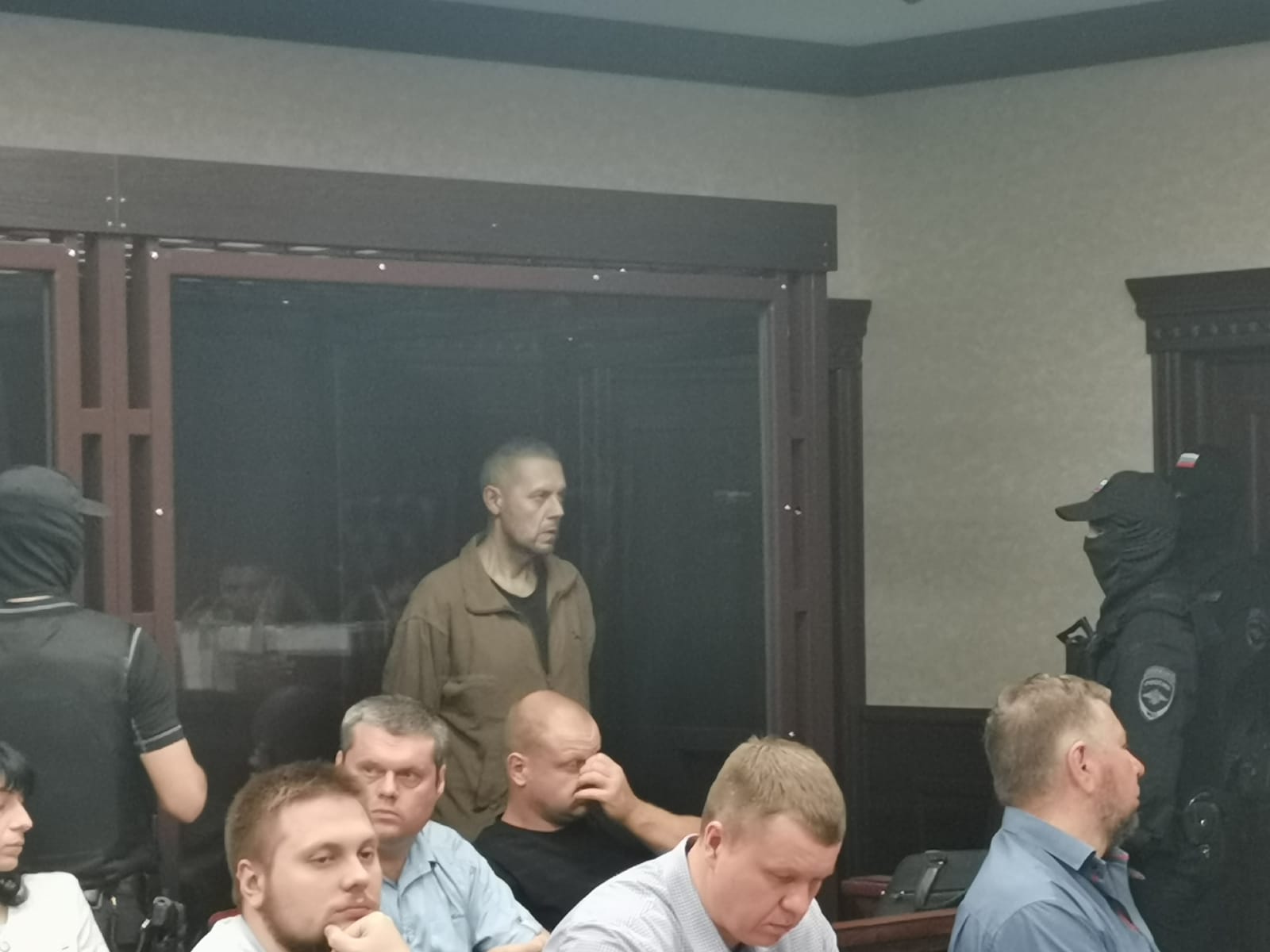
The prosecutor considered the guilt of all the defendants fully proven and requested the following sentences:
- Oleg Tyshkul: 24 years in a high-security prison;
- Alexey Smykov, Alexander Merocenets, Yaroslav Zhdamarov, Artem Grebeshkov, and Artur Gretsky: 23 years in a high-security prison;
- Oleg Mizhgorodsky, Anatoly Grytsyk, Nikita Timonin, and Alexander Mukhyn: 22 years in a high-security prison;
- Alexander Irkh: 21 years in a high-security prison;
- Lilia Rudenko, Natalia Golfin, and Oleg Zharkov: 19 years in a high-security prison;
- Lilia Pavrianidis, Alena Bondarchuk, and Elena Avramova: 17 years in a general regime colony;
- Nina Bondarenko, Irina Mogitich, Vladislav Mayboroda, and Marina Tekin: 16 years in a general regime colony.
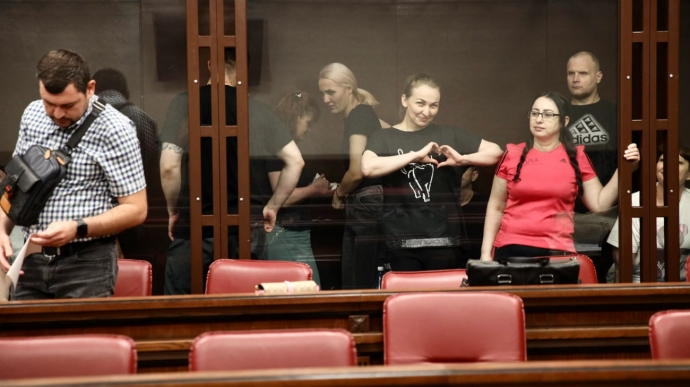
David Kasatkin and Dmitry Labinsky, who are in Ukraine, face 24 and 23 years in a high-security prison, respectively.
The defense's closing arguments will begin on August 28 at 10:00









